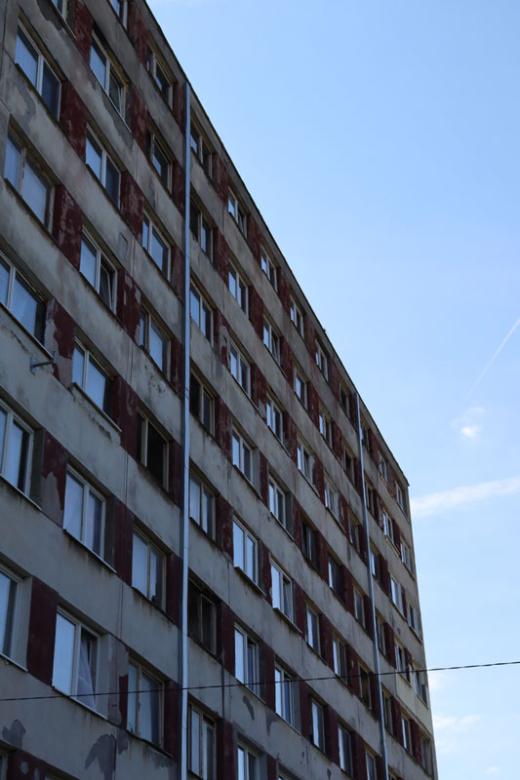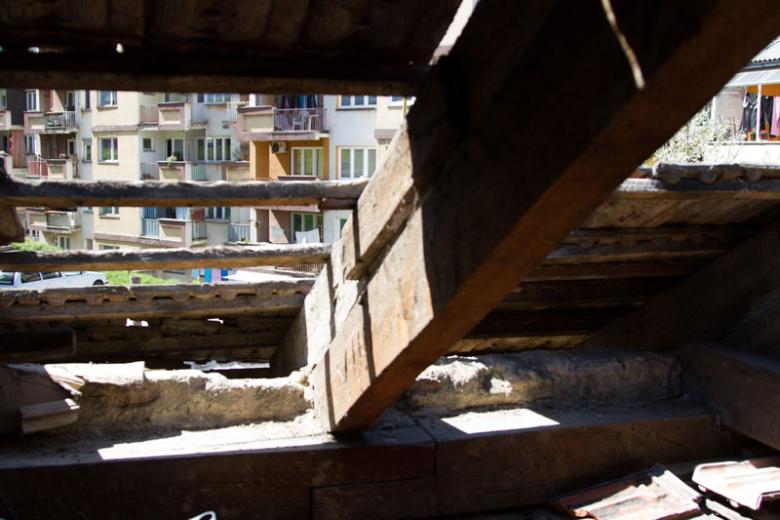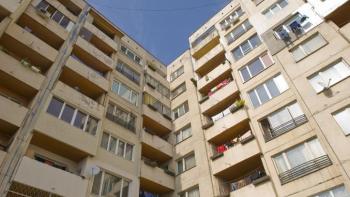
Is a housing renovation wave in Hungary possible?
This article is an extract of the Research results of RenoHUb project and experiences of RenoPont, the first Hungarian one-stop-shop written by Adrienn Tóth, Fanni Sáfián PhD and Ádám Bölcsföldi.
It is not an exaggeration to say that energy efficiency has become a central issue almost all over the world today. Already in 2015, the European Commission set out the principle of ‘Energy Efficiency First’ as one of the EU’s founding principles, but the unprecedented rise in energy prices in recent months has brought the concept of energy efficiency even more into focus. In 2020, Hungary’s energy intensity was 1.8 times the EU-27 average (Eurostat, 2022), meaning that Hungarian consumers used 1.8 times more energy per unit of GDP.

According to estimations by experts, approximately 100-130 thousand apartments would need to be refurbished each year in order to modernize the building stock, whilst the actual yearly renovation rate is far lower in Hungary, representing less than 3% in case of shallow renovations, less than 1% medium renovations (resulting in 30-60% energy savings) and approximately 0.1-0.2% deep renovations (resulting in more than 60% energy savings) (Szórádi, 2020).
The other problem is that in most cases energy renovations are carried out reactively, without a technical plan and without the involvement of experts, usually after something breaks down. The consequence is frequently that no significant improvement in energy efficiency is achieved. Suboptimal solutions are carried out, which do not exploit the potential of a certain building for energy savings and thus lock it in higher energy consumption for decades (lock-in effect). It is therefore necessary to change renovation habits and to encourage renovators towards complex renovations based on technical designs that exploit energy saving potentials (Illésné Szécsi et al., 2021).

This realization led to the creation of the RenoHUb project, which aims to stimulate a renovation wave and help renovators maximize the savings potential of their property. RenoPont, a one-stop-shop advisory network supporting the energy renovation of residential buildings, was established following other one-stop-shop models successfully operating in several European countries.
A series of background studies were carried out to understand the needs of homeowners who want to energy renovate their flat or house and how to help them most effectively. The results showed that the main motivations for renovators are aesthetics and comfort and that renovating an average family home can increase its market value by 20%.
The project started in November 2019 and is being currently implemented under the European Union’s Horizon 2020 program, though the service is aimed to be self-sustained by April 2023, which is the end of the project period, thus contributing to a more environmentally and socially sustainable future in a profitable way.
Read more about RenoHUB and other on-the-ground initiatives towards Just Energy Transition in the latest REE Observatory publication ‘Rethinking energy efficiency in time of an energy crisis’.


